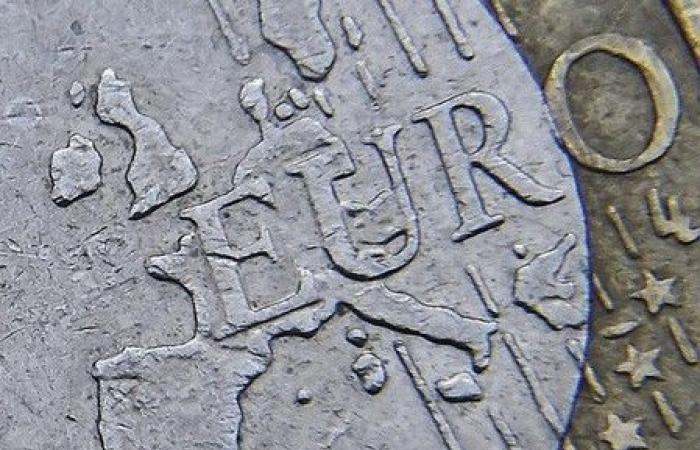The dollar attempted to rise above the key 160 yen level on Tuesday, but without much success, as fears of intervention by Japanese authorities in the foreign exchange market kept the yen in a position of marginal support compared to its peers.
Elsewhere, bitcoin regained some ground after its worst day in more than two months earlier this week, partly due to flows out of bitcoin exchange-traded funds (ETFs), analysts said.
The dollar was down 0.08% at 159.42 yen, after trading in a narrow range throughout the Asian session, with traders wary of testing the key resistance level that prompted a 9.9% monetary intervention. 79 trillion yen ($61.33 billion) from Tokyo in late April and early May.
That kept the yen from hitting fresh lows against other currencies, with sterling sitting just below a 16-year high of 202.38 yen.
The Australian currency also fell after hitting a 17-year high against the yen and held steady at 106.21.
“The market is showing that it is nervous and very concerned about this situation,” said Chris Weston, head of research at Pepperstone.
“There are inherent risks in being short the Japanese yen as a carry trade, which is of course what (the authorities) want to see.
“The first thing to do is to tell currency speculators and those holding carry positions that they are warned: if you hold these positions now, you run the risk of a 400 to 500 point fall in the dollar against the yen.
The yen’s latest decline follows the June meeting of the Bank of Japan (BOJ), where policymakers disappointed investors who were betting on an immediate reduction in the BOJ’s massive bond purchases.
Minutes of the meeting released Monday show the central bank discussed the possibility of raising short-term interest rates, with one of the policymakers calling for an increase “without too much delay.”
In the general market, the dollar eased slightly ahead of Friday’s release of the US Personal Consumption Expenditure (PCE) price index, the measure of inflation favored by the Federal Reserve.
The British pound rose 0.09% to $1.2696, while the Australian dollar gained 0.1% to $0.6663.
The New Zealand dollar was little changed at $0.6124.
Politics was also a focus for investors, with the first US presidential debate between President Joe Biden and his predecessor Donald Trump scheduled for Thursday, and the French election starting this weekend.
The euro, which has been pressured by political turmoil in France following the surprise election of President Emmanuel Macron earlier this month, gained 0.06% to $1.0741.
However, the common currency was heading for a monthly loss of around 1%, due to political unrest.
Against a basket of currencies, the dollar fell 0.1% to 105.39.
“Elections in France will begin on June 30, so the euro will be affected by political concerns,” analysts at Sumitomo Mitsui Banking Corporation said in a note. “If the unstable political situation continues, the euro will weaken further against the dollar.
In cryptocurrencies, bitcoin jumped more than 3% to $61,319, recovering some of its sharp 6.65% fall in the previous session and hitting a one-month low.
“We saw a reduction, we saw six days in a row of funds moving out of bitcoin cash ETFs,” Pepperstone’s Weston said.
“To me, bitcoin is a dynamic vehicle, and the momentum works both ways. If it’s going in one direction and the rate of change is accelerating, to me you stay on the sidelines and you let the selling will occur until it can form a base and for now the trend is down. ($1 = 159.6300 yen)






